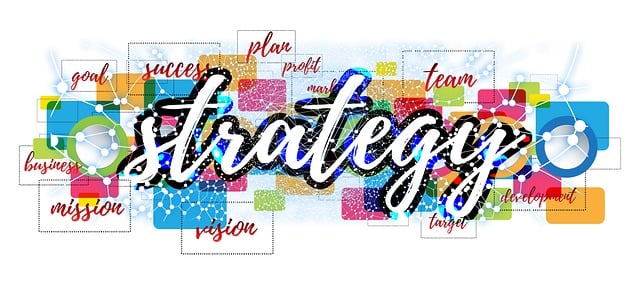Cloud-based AI platforms are revolutionizing the food truck industry by introducing efficient and scalable solutions through AI chatbots. These chatbots streamline scheduling, manage reservations, and handle inquiries using real-time data, leading to enhanced operational smoothness and customer satisfaction. By leveraging cloud technology, businesses gain cost-effective access to robust computing resources for rapid AI model deployment, resulting in better resource allocation and improved dining experiences. AI chatbots optimize truck deployment based on weather, popularity, and inventory, while providing interactive booking and real-time updates, thereby transforming food truck operations and promising significant improvements in booking efficiency and cost reduction.
Cloud-based AI platforms are transforming businesses, and the food industry is no exception. Understanding cloud-based AI platforms for business involves grasping their capabilities and potential to streamline operations. This article delves into the role of AI chatbots for food truck scheduling, exploring how they optimize routes, manage orders, and enhance customer experiences. We also provide benefits and implementation strategies for integrating AI chatbots for food truck scheduling in the dynamic food industry.
- Understanding Cloud-Based AI Platforms for Business
- The Role of AI Chatbots in Food Truck Scheduling
- Benefits and Implementation Strategies for AI Chatbots in the Food Industry
Understanding Cloud-Based AI Platforms for Business

Cloud-based AI platforms are transforming the way businesses operate, offering efficient and scalable solutions to complex problems. For instance, in the food truck industry, these platforms can revolutionize scheduling through AI chatbots. These chatbots can manage reservations, handle frequent inquiries, and optimize truck deployment based on real-time data, ensuring smooth operations and enhanced customer satisfaction.
By leveraging cloud technology, businesses gain access to powerful computing resources without the need for extensive in-house infrastructure. This not only reduces costs but also enables rapid deployment of AI models and applications. For food trucks, this means more efficient scheduling, better resource allocation, and an improved overall dining experience for customers.
The Role of AI Chatbots in Food Truck Scheduling

Food trucks have become a vibrant part of many cities’ culinary landscapes, offering diverse cuisines and convenient dining experiences. However, managing these mobile businesses presents unique challenges. AI chatbots for food truck scheduling are revolutionizing how owners handle operations. These chatbots streamline the process of booking and managing truck locations by understanding natural language queries from customers and vendors alike.
By leveraging AI, chatbots can intelligently allocate trucks to various events and locations, considering factors like weather, popularity, and available inventory. This not only optimizes the use of food trucks but also enhances customer satisfaction by providing timely updates on their favorite culinary experiences. The technology ensures a seamless experience, from initial inquiries to confirmation, making it easier for customers to discover and engage with food trucks.
Benefits and Implementation Strategies for AI Chatbots in the Food Industry

In the dynamic world of the food industry, where efficiency and customer satisfaction are paramount, AI chatbots offer a game-changing solution for optimizing operations, particularly in managing food truck scheduling. These intelligent virtual assistants can revolutionize the way food trucks manage their daily routines, from taking orders to allocating resources. One of the primary benefits is their ability to streamline scheduling processes, ensuring optimal crew allocation and minimizing no-shows. AI chatbots can interact with customers, accept bookings, and provide real-time updates, enhancing the overall experience.
Implementing AI chatbots in food truck scheduling involves a strategic approach. First, businesses should define clear use cases and goals, such as improving booking efficiency or reducing operational costs. Then, integrating chatbot platforms with existing systems is crucial for seamless data flow. Training the AI models on relevant industry data, including customer preferences and historical bookings, enables more accurate predictions and personalized interactions. Additionally, providing a user-friendly interface for truck managers to monitor and manage chatbot activities ensures efficient oversight.
Cloud-based AI platforms are transforming businesses, and the food industry is no exception. By leveraging AI chatbots for food truck scheduling, operators can streamline operations, enhance customer experiences, and gain valuable insights. As these technologies continue to evolve, embracing AI chatbots is not just a trend but a strategic move towards a more efficient and profitable future in the dynamic world of food service.
